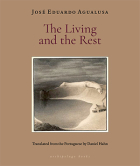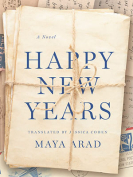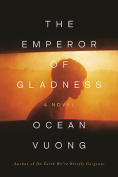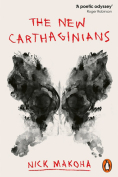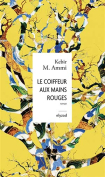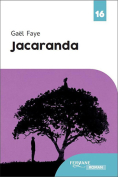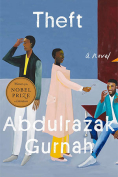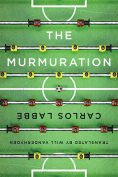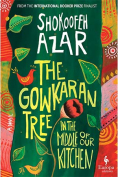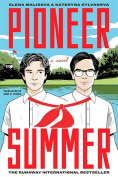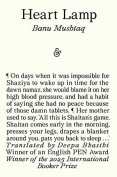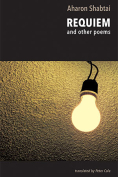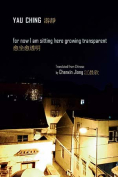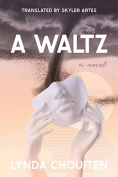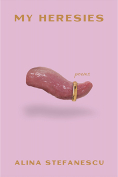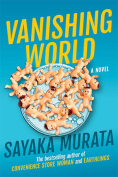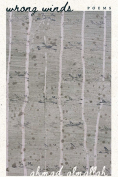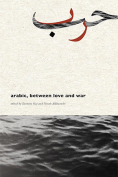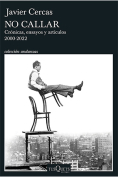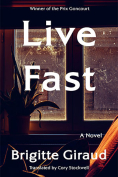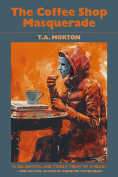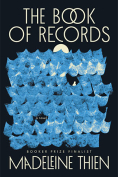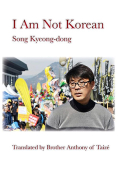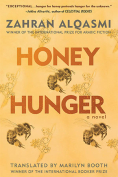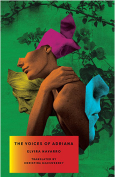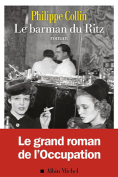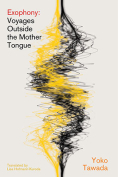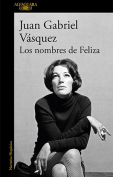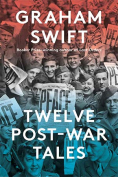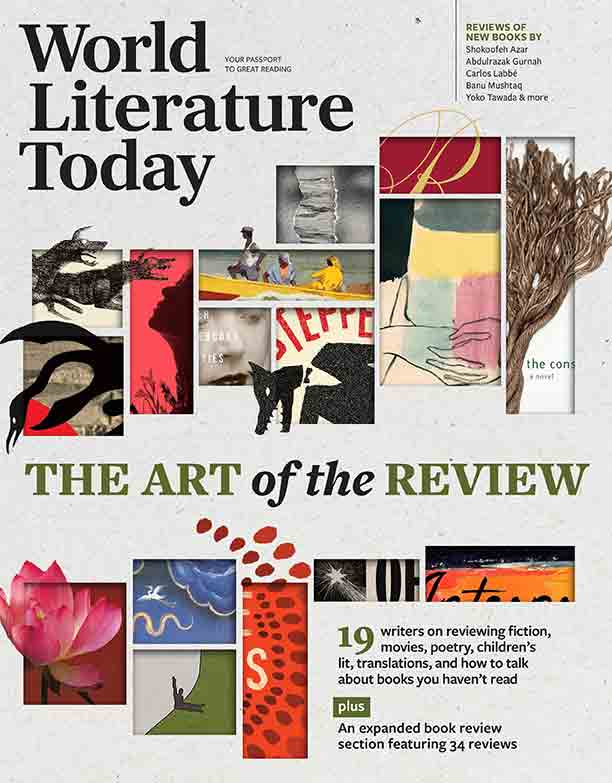for now I am sitting here growing transparent by Yau Ching
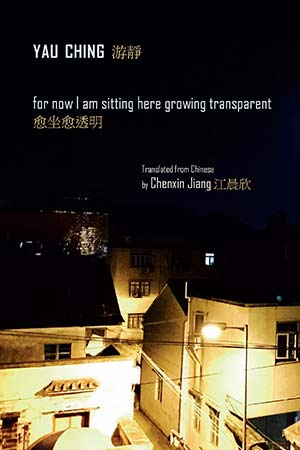
Brookline, Masschusetts. Zephyr Press. 2025. 120 pages.
At the heart of Yau Ching’s for now I am sitting here growing transparent lies the poet’s contemplation of Hong Kong: as multinational city, as colonialized space, as her home (WLT, Feb. 2025). In the collection’s foreword, Chenxin Jiang describes Yau Ching’s poems as “self-translating,” existing between and across the English and Cantonese that make up the city-space of the poet’s Hong Kong. Here, Yau Ching establishes a poetic language through which to write about the interlingual spaces that form what we call Hong Kong.
Yau Ching’s poetry negotiates language and belonging, homeland and love. Hong Kong’s official languages are English, a holdover from British colonialism, and Chinese, which primarily exists in the city as Cantonese and Mandarin. But this doesn’t capture the city’s linguistic liminality. As Yau Ching and Jiang write in “Island Country,” “you’re not allowed / your own language.” Author and critic Leung Ping-kwan writes that some British academics view Hong Kong English as “the worst English,” while writers from the PRC or Taiwan view Hong Kong Chinese as similarly inferior since Mandarin is not the city’s primary language of communication. Hong Kong thus exists as a transitory space without linguistic authority.
Yet this lack of linguistic authority is what expands Yau Ching’s poetry into the realm of translation. In Zephyr Press’s bilingual edition—with English on the recto and Chinese on the verso—the poems leap between languages. But these poems also “self-translate”: from a reference to the English word “longing” in “Spacetime” to the invocation of the English words “month” and “moon” in “Moon.” More than “self-translating,” perhaps, these poems exist at the interstices of language. Read aloud in Cantonese, Yau Ching’s poems weave in sonic wordplay and subtle alliteration, which Jiang deftly refashions into lively English: from a play on the Latin “extra patria” in “to leave [the country] you must be extra patriotic” (“Island Country”), to the labial alliteration of “your shoes are well-worn” (“Potted Plants and Path”).
Jiang’s careful and detailed translation settles these fiery, gentle poems into an English that retains their complex yet playful sonics and semantics—creating, as Jiang mentions in her foreword, a “form of intimacy” that arises from language.
Fion Tse
University of Iowa
